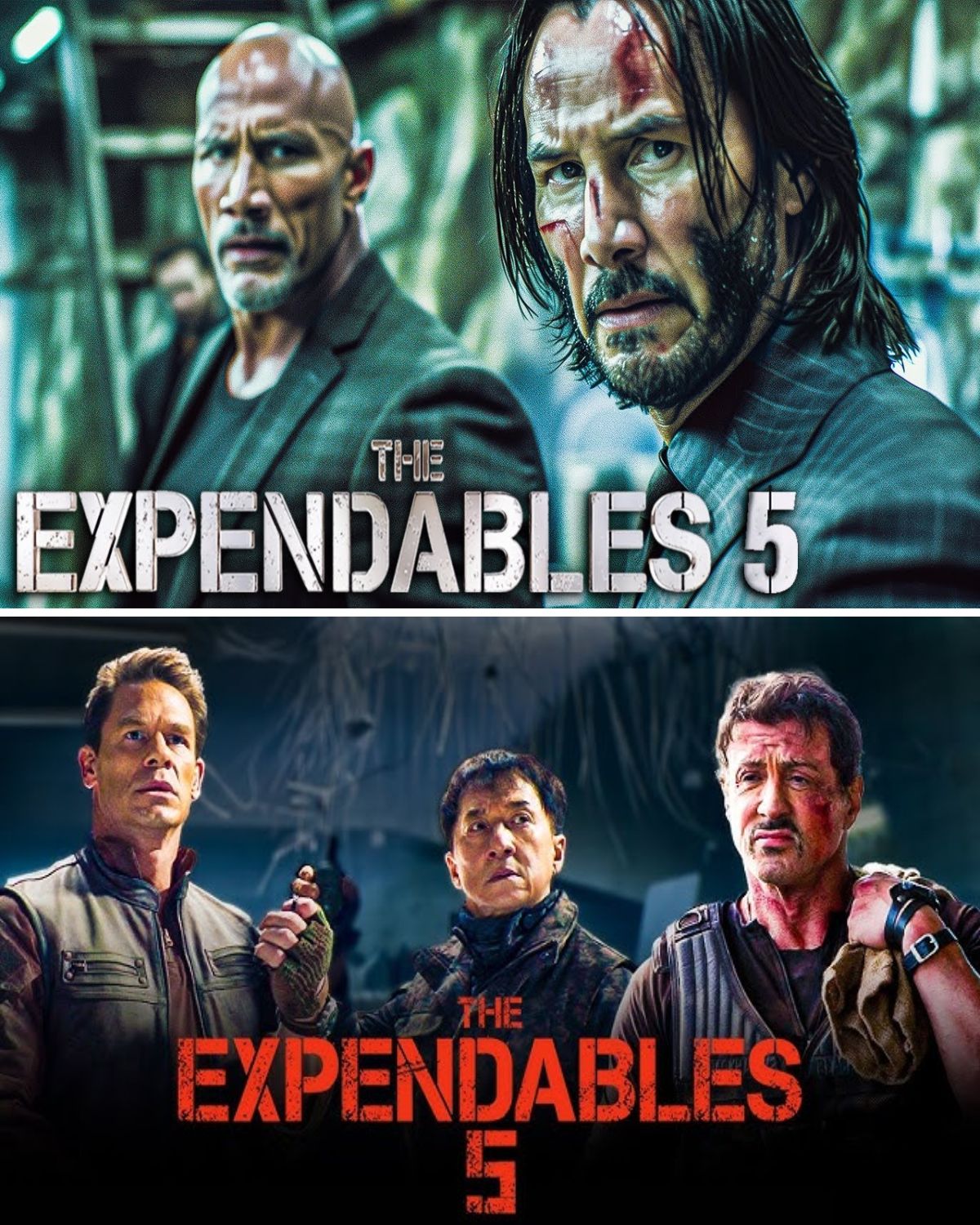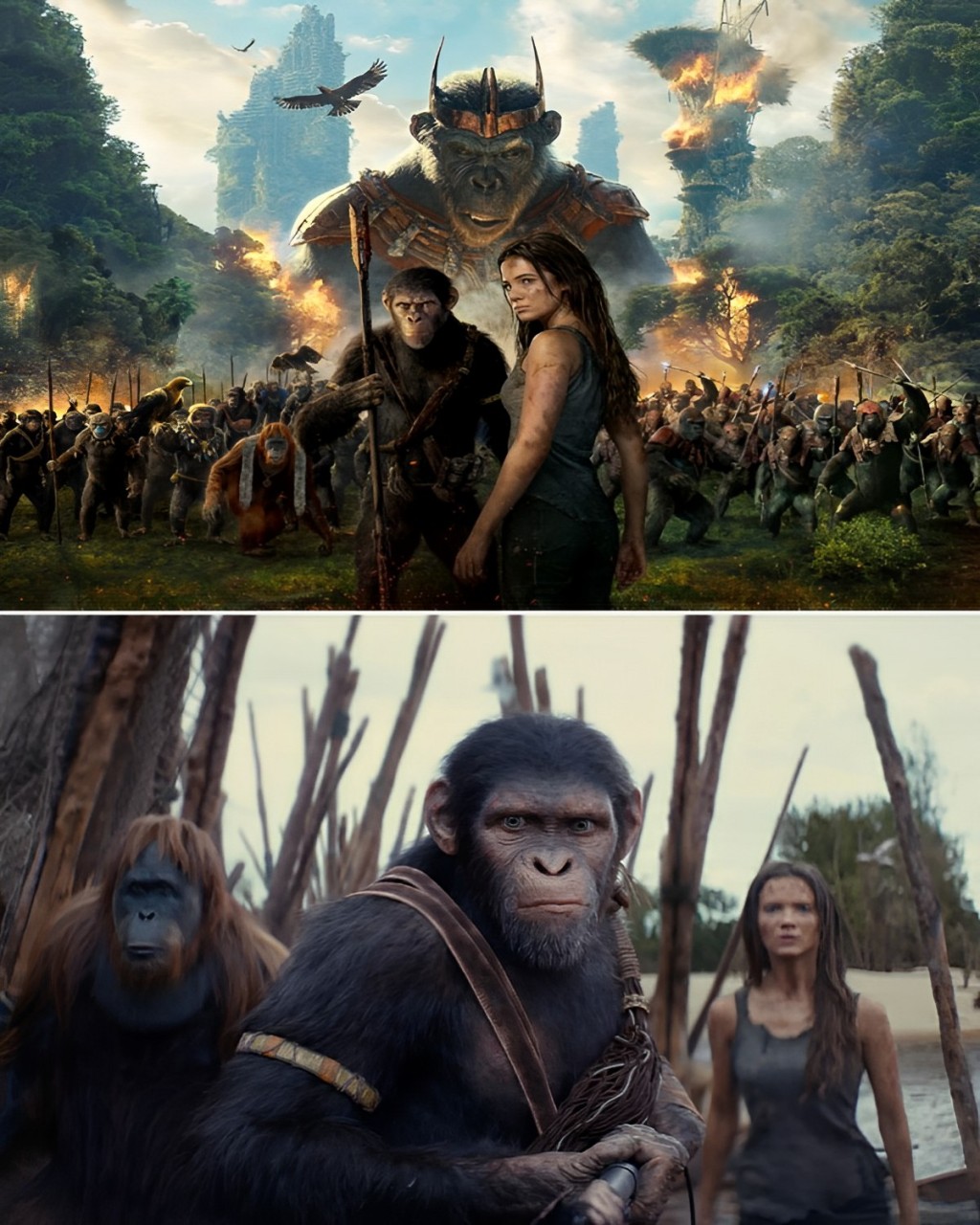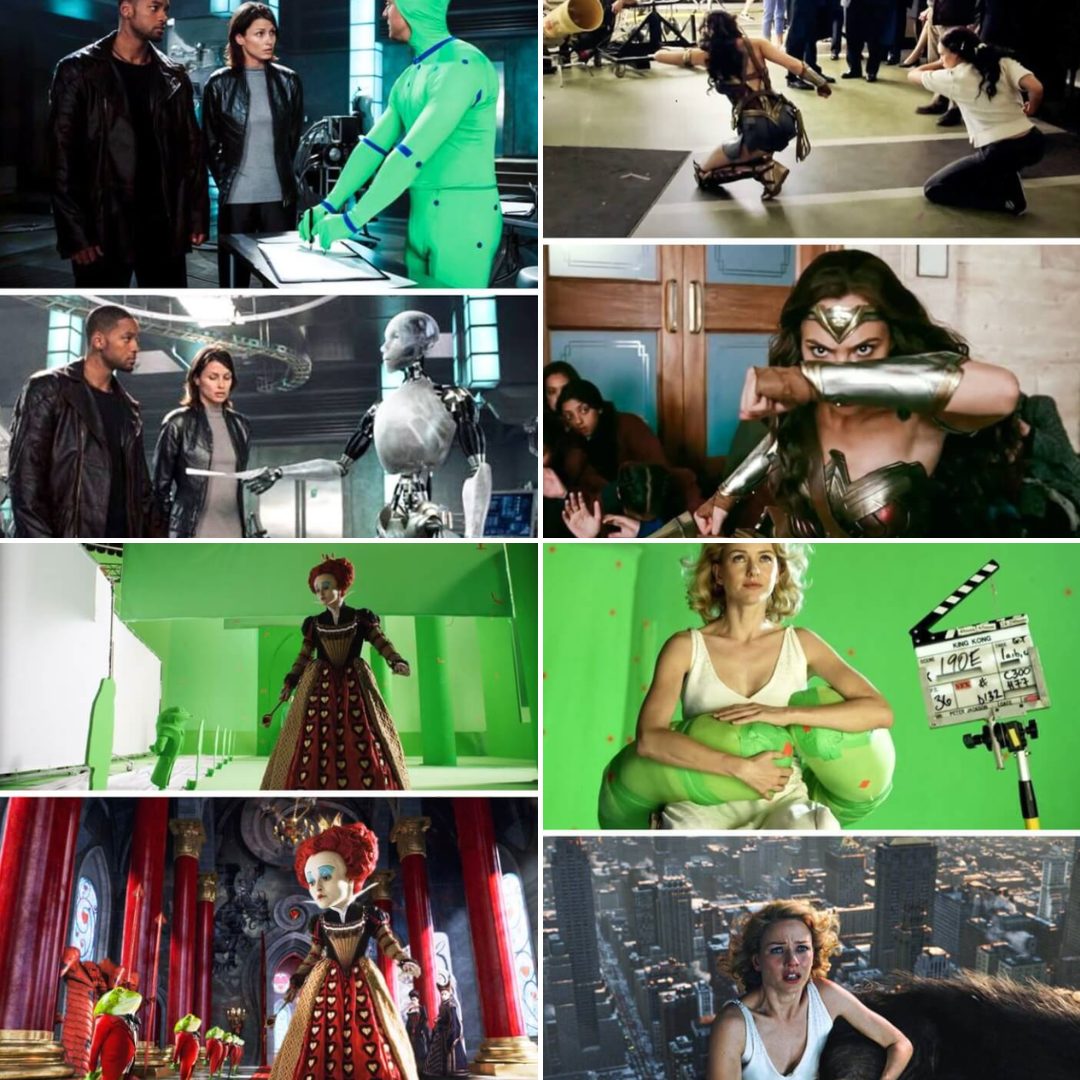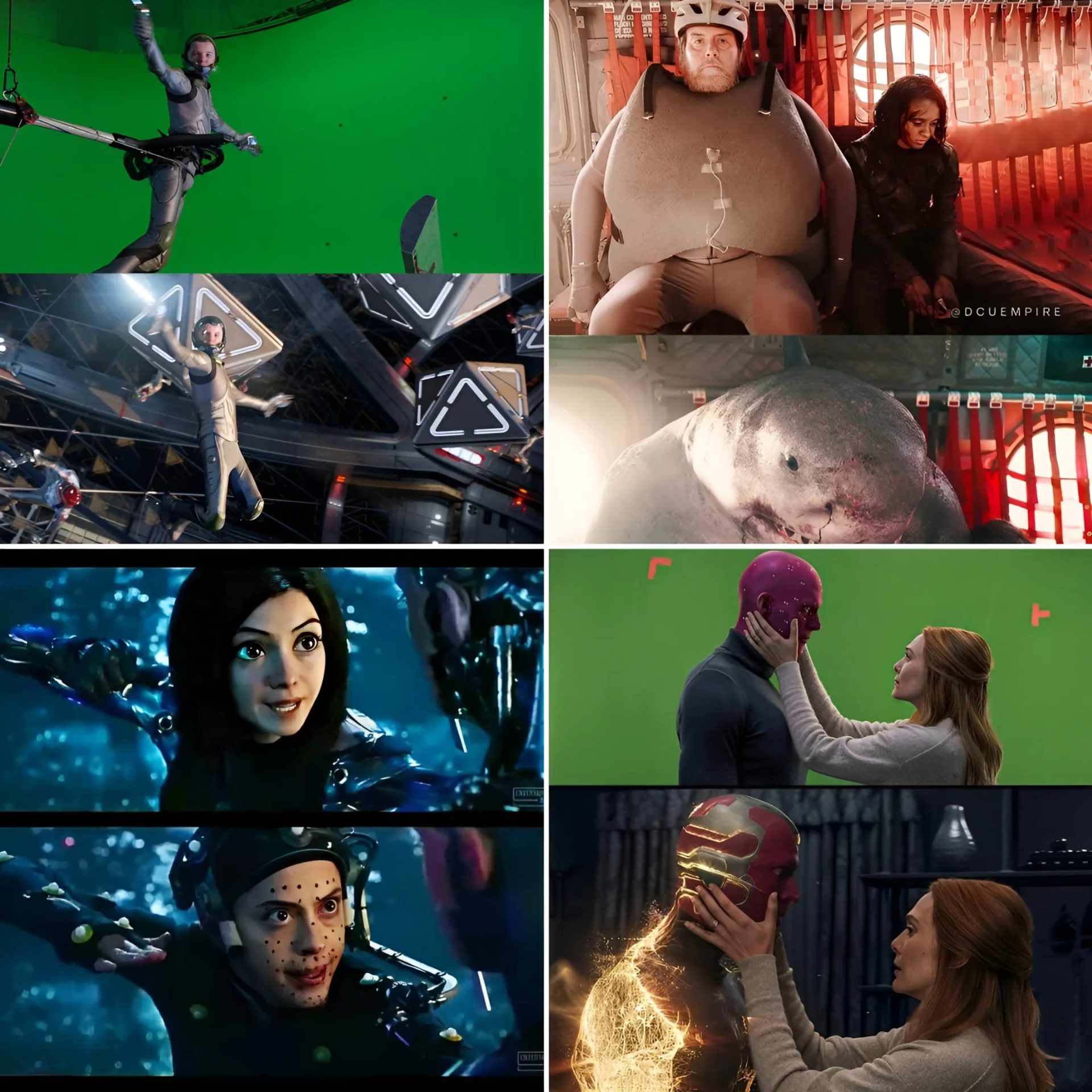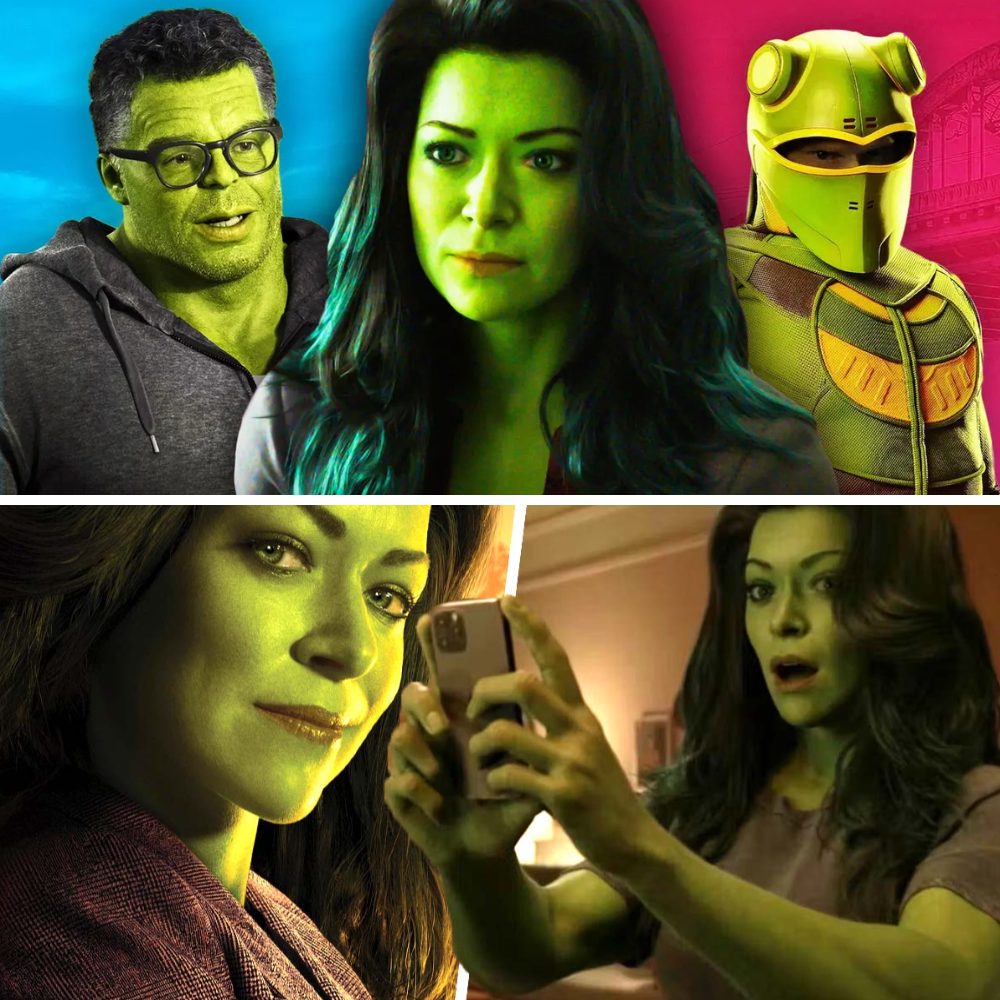With their recent Oscars defeat, Spider-Man: No Way Home and Shang-Chi extend the MCU’s record of consecutively losing in a specific category.

Despite being two of the highest-grossing films of 2021, Spider-Man: No Way Home and Shang-Chi and the Legend of the Ten Rings continued the Marvel Cinematic Universe’s worst Oscars streak. Since its inception, the MCU has garnered several Academy Award nominations. However, superhero films typically do not win Oscars, so these recognitions do not guarantee victory. In fact, the blockbuster franchise has only won a handful of awards despite its massive, ever-growing library of big-budget films.
Among the dozens of commercially successful and critically acclaimed MCU entries, Black Panther stood out by being nominated in seven Academy Award categories. The Chadwick Boseman-led epic also became the first MCU film to win an Academy Award, bringing home the Best Original Score, Best Production Design, and Best Costume Design. Prior to that, most of the nominations received by the franchise were in the Best Visual Effects category. So far, the Iron Man trilogy, The Avengers, Captain America: The Winter Soldier, the Guardians of the Galaxy duology, Doctor Strange, Avengers: Infinity War, and Avengers: Endgame were recognized for that merit.

The latest additions to the MCU’s list of Oscar nominations were Spider-Man: No Way Home and Shang-Chi and the Legend of the Ten Rings. Both were up for the Best Visual Effects category at the 2022 Oscars, but unfortunately, they lost to the sci-fi epic Dune, which was also the most-awarded film of the night. By failing to secure a win, Spider-Man: No Way Home and Shang-Chi extended the MCU’s record of not winning a single Academy Award for Best Visual Effects. While the franchise has employed impressive technology during the production of its films, this losing spell is arguably unsurprising.
Why MCU Movies Never Win The Oscar For Best Visual Effects
The Academy Award for Best Visual Effects is officially judged according to the “artistry, skill, and fidelity with which visual illusions are achieved”. Moreover, it is not enough that a film simply has an overwhelming amount of visual effects. The way these effects contributed to the overall production is also considered. Following these criteria, then, why have MCU movies never won said award?
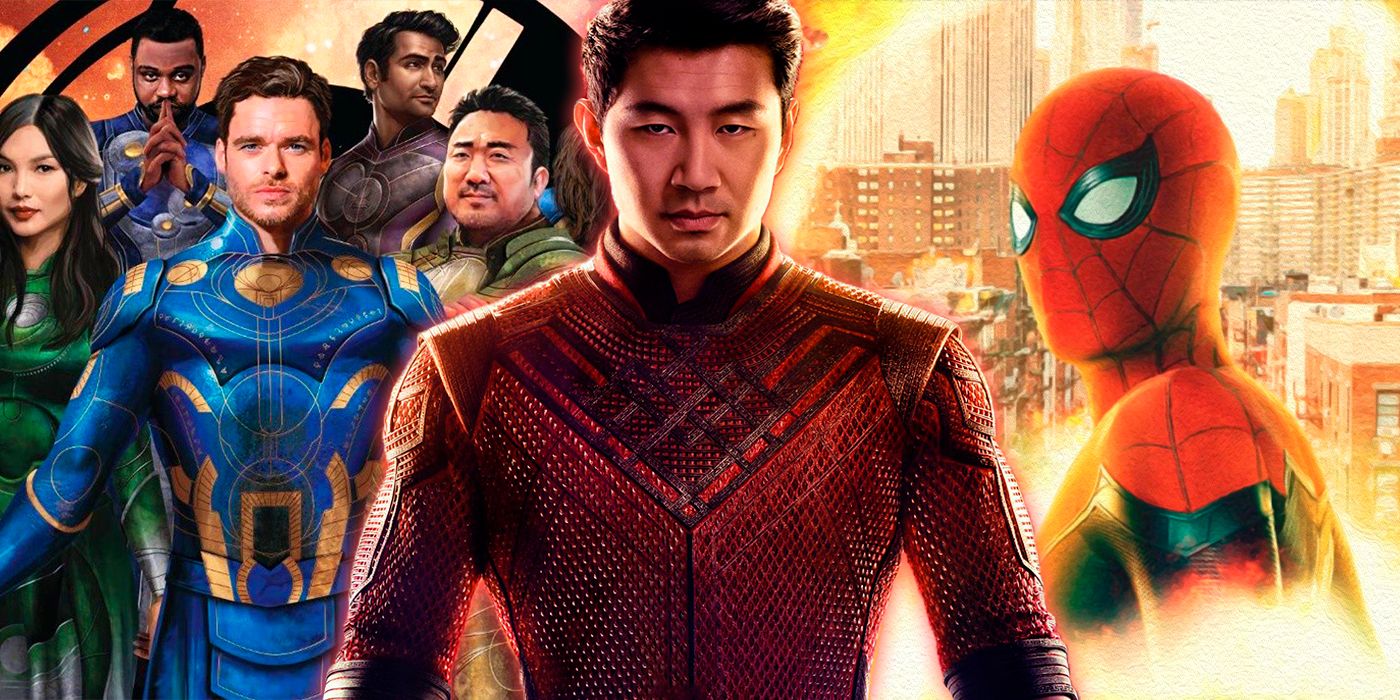
Undoubtedly, the superhero films produced by Marvel Studios are visually stunning masterpieces — from the motion capture technology to their action-packed third-act battles. However, these computer-generated tricks are not unique to the MCU, as other modern blockbusters have also utilized the same technology, almost with the same level of execution. Additionally, as more Marvel films are created, the expectations become higher; as a result, viewers and critics alike have become more critical. Although the visual effects of these films are not particularly inferior, they have been overly used throughout the years. There are simply too many scenes that unnecessarily and quite noticeably use digital effects, instead of shooting on location or maximizing the actual actors. Considering the sizable production budget and outstanding talent that go into each film, this then causes a CGI problem in the MCU.
Granted, relying on visual effects is a cost-effective and time-efficient way of tweaking scenes in post-production rather than redoing the whole film. They are also needed to properly showcase the MCU’s fictional locations and superhuman abilities. But in a time when practical effects are coming back and offering a more compelling and immersive experience for the audience, films that depend too much on CGI are not that unusual anymore. Like Spider-Man: No Way Home and Shang-Chi and the Legend of the Ten Rings, the MCU might still be applauded for their work on visual effects, but unless they shake things up, they will not bag that coveted Oscar.

